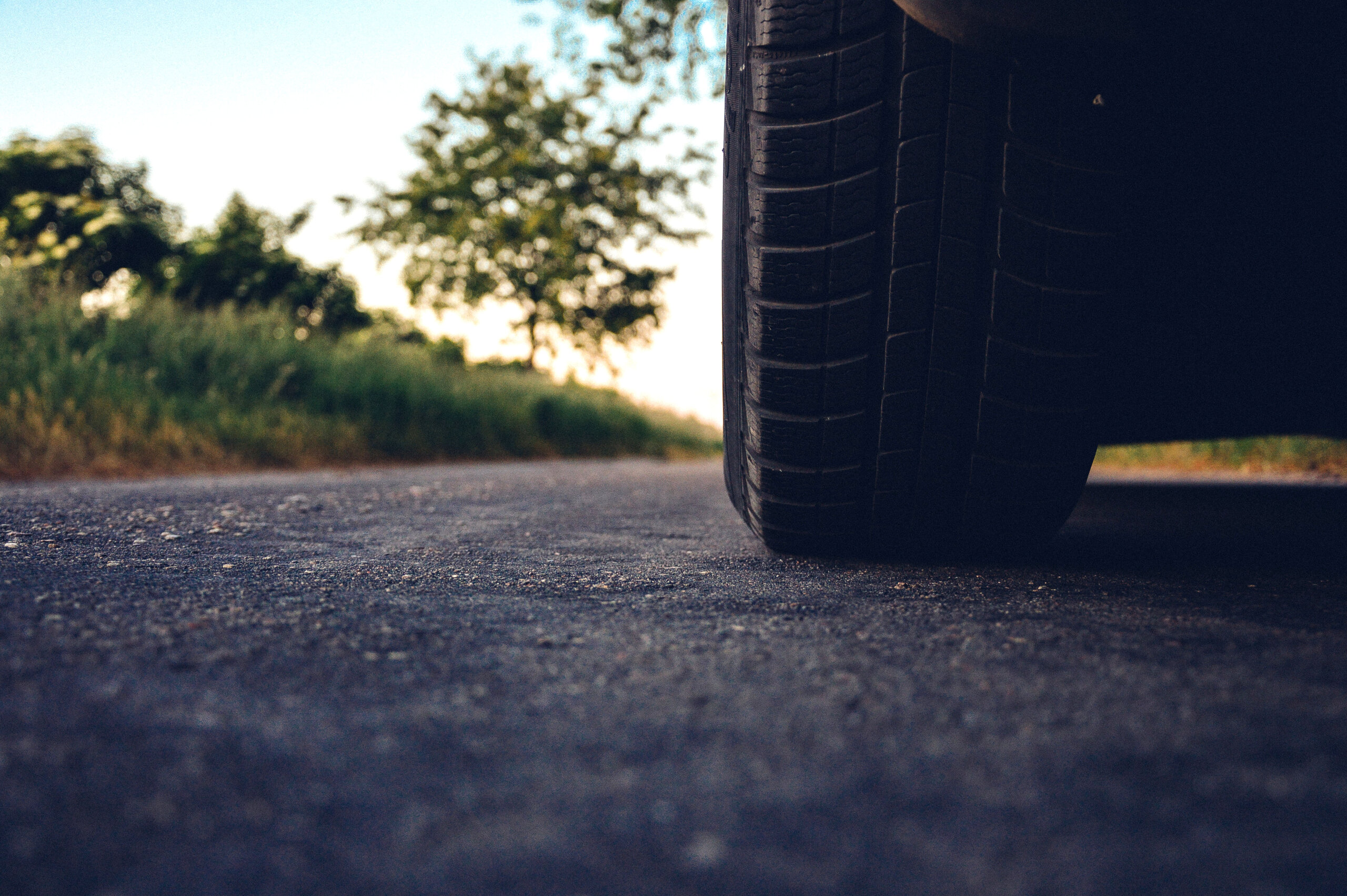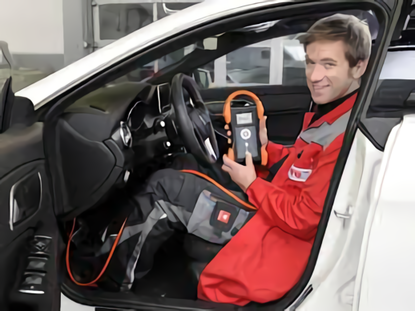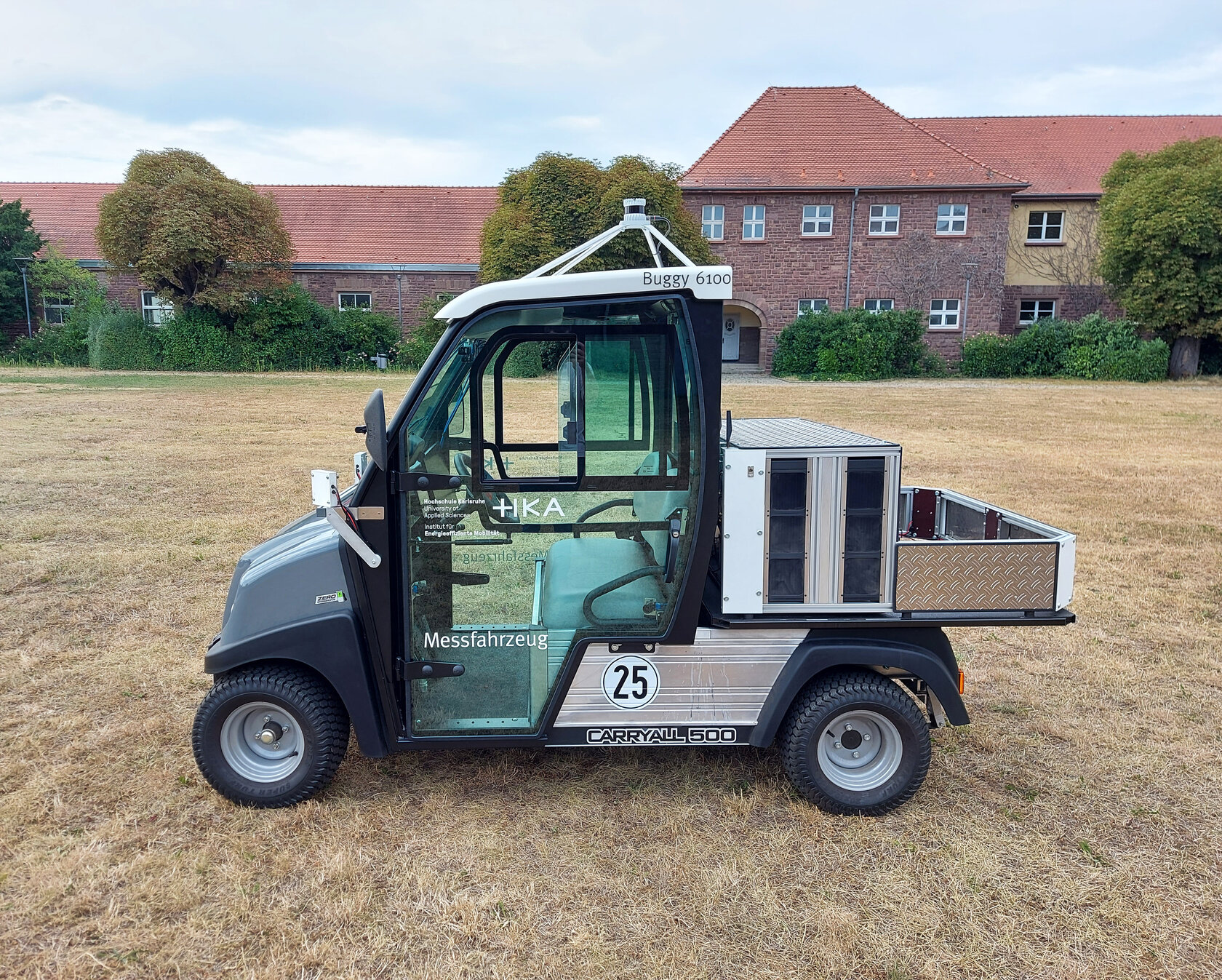
„Next Level“-Main Inspection
According to SAE International, vehicles from level 3 onwards are considered autonomous vehicles, in which continuous monitoring by the driver is no longer necessary. So far, assistance systems (e.g. motorway pilot) can be found in road traffic as a preliminary stage of this (level 1-2). These vehicles drive independently for stretches, but the driver must always monitor the driving functions. Car manufacturers are working at full speed on the "next level" car (level 3-5). The drivers of this vision are the desire for more safety and comfort in road traffic. At the same time, new technologies require reliable approval and testing procedures over the entire operating time. In addition to sources of error, such as an incorrectly aligned sensor, networking with the outside world also offers attack surfaces for targeted manipulation. In order to ensure road safety in the future, the project deals with diagnosis and testing options for the "next level" main inspection.
The research cooperation investigates possibilities for the diagnosis of autonomous driving functions and the testing of safety-relevant vehicle systems
GTÜ Gesellschaft für Technische Überwachung mbH and Karlsruhe University of Applied Sciences - Technology and Economics have concluded a research cooperation agreement. The focus of the cooperation is on the "diagnosis of autonomous driving functions" and the "testing of safety-relevant vehicle systems". GTÜ and Karlsruhe University of Applied Sciences have set up a joint research group at the university's Institute for Energy Efficient Mobility (IEEM) under the direction of Prof. Dr.-Ing. Philipp Nenninger and Prof. Dr.-Ing. Reiner Kriesten. Over the duration of the work, the joint research projects there will be examined in a practical manner in doctoral, bachelor's and master's theses.
Background to the work
The background to this is the advancing digitalisation and networking of vehicle systems, which are subject to consistently high demands on reliability and safety in road traffic. With an average age of 9.6 years [statistics: kba, 2020], passenger cars and their sensors, cameras and actuators are exposed to the omnipresent signs of ageing and wear. In addition, there are more and more over-the-air update options that enable software changes in the field and thus provide wireless interfaces for flashing control units.
Road safety must be ensured throughout the entire service life of a vehicle, and the main inspection on German roads makes an important contribution to this: "Vehicles are inspected for their road safety, environmental compatibility and compliance with the construction and operating regulations applicable to them. Annex VIII, paragraph 1.2.1, StVZO].
Even in the case of autonomous vehicles from SAE level 3, true to the motto "trust is good, control is better", a check of the roadworthiness must always take place in order to ensure the protection of people in road traffic. In accordance with the advancing SAE levels, the aim of the work is to determine test methods that do justice to the current state of the art.


Objective of the project
Overall, the project aims to contribute to tomorrow's road safety by answering questions such as: Which systems will have to be tested in the future to assess roadworthiness, how can these be tested and to what extent must this be done. Accordingly, within the framework of the research cooperation, proposals for future homologation specifications and main inspection specifications are being developed in two areas: in one case, the focus is on checking cyber safety and in the other case, the functional testing of autonomous driving functions.
More about our equipment: Automotive Mobility Lab

Contact
Key data
Karlsruhe
Institute of Energy Efficient Mobility (IEEM)
Moltkestr. 30
76133 Karlsruhe
Post >
Institute of Energy Efficient Mobility (IEEM)
Postfach 2440
76012 Karlsruhe